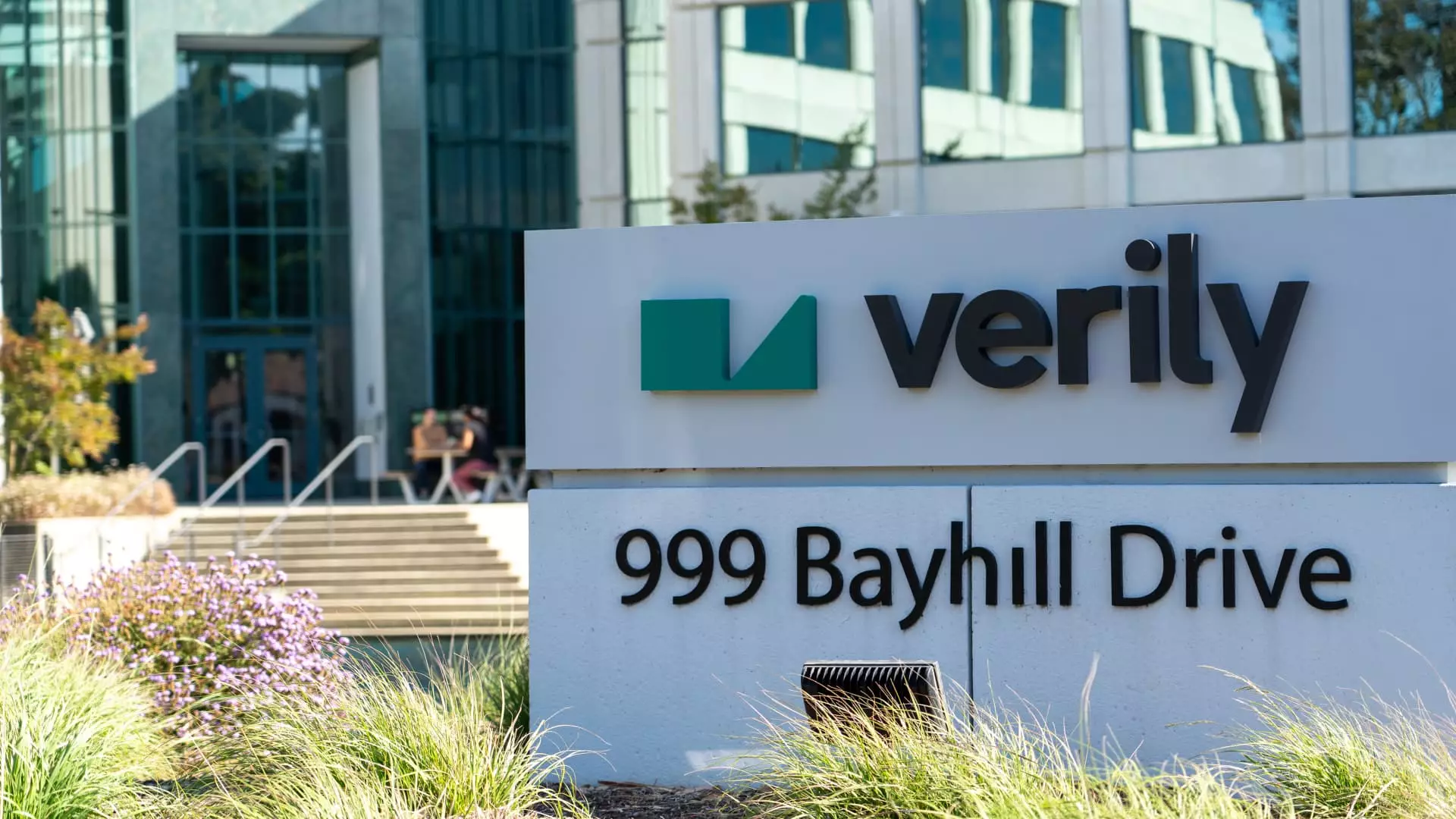In a notable turn of events, Verily, part of Alphabet’s “Other Bets” portfolio, confirmed its decision to sell Granular Insurance Company to Elevance Health. This development signifies not only a shift in strategy for Verily but also highlights the evolving landscape of health technology and insurance. Granular Insurance, launched initially in 2020 under the name Coefficient Insurance Company, served a niche in the market by providing medical stop-loss insurance and reinsurance solutions, aimed primarily at self-funded employers. However, the deal’s financial parameters remain undisclosed, adding an air of mystery to this corporate maneuver.
Granular’s creation stemmed from Verily’s ambitious attempts to revolutionize health insurance using advanced technology, promising innovative solutions for employers seeking to mitigate medical expenses. The venture, however, has not gained the traction necessary for sustained success. The fact that Verily exits the insurance field after just a few years raises questions about its long-term viability and strategic coherence within the broader health sector. This divesture resonates with a series of transformations at Verily, including significant workforce reductions and leadership changes, indicating that the company is grappling with its identity and strategic focus.
Verily has attracted notable talent from top organizations, signaling its ambition to integrate innovative ideas into healthcare technology. The recruitment of individuals like Myoung Cha, formerly with Apple, and Andrew Trister from the original Apple health team reflects an endeavor to bring fresh perspectives. Yet, the turnover in leadership, highlighted by the recent departure of Amy Abernethy, a prominent figure in regulatory affairs, evokes skepticism about the company’s capacity to cultivate a stable and effective operational framework. This changing of the guard could suggest ongoing challenges in aligning their vision with tangible results.
The journey of Verily has resembled a series of pivots rather than a linear path to success. Originally born from Alphabet’s innovation lab in 2015, Verily first took strides in developing health hardware like continuous glucose monitors. The COVID-19 pandemic prompted it to temporarily veer toward pandemic response efforts, demonstrating an agility received well during a global crisis. In 2022, attention shifted once again, now focusing on precision medicine and the introduction of offerings like Lightpath, a novel solution utilizing artificial intelligence to support chronic care effectively. However, the swift change of course raises further questions about the core mission of the company.
As Verily bids farewell to its insurance segment, it faces the pressing need to cement its identity in an increasingly competitive healthcare landscape. The recent sale of Granular Insurance Company could be interpreted either as a strategic pullback or a calculated move towards recognizing competencies in health technology rather than insurance. Verily must now navigate the complexities of sustaining innovation while avoiding the pitfalls of overextension. Moving forward, the clarity of purpose, allied with the amalgamation of technology and health solutions, will arguably define Verily’s trajectory as it seeks to make meaningful impacts in healthcare.


Leave a Reply